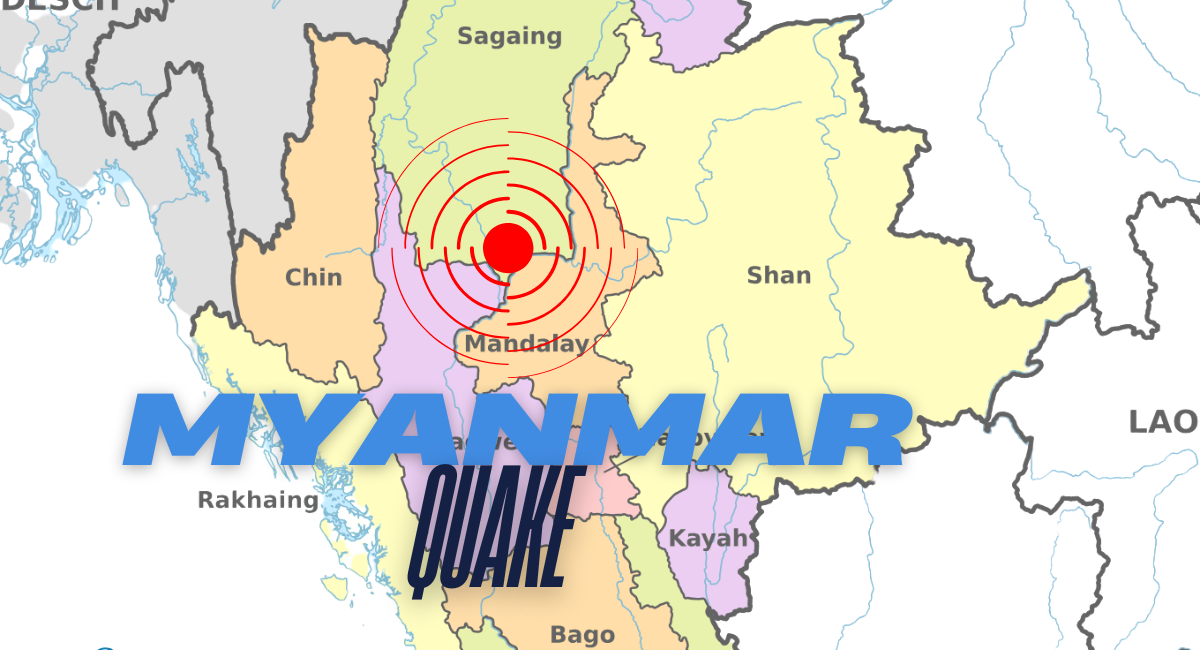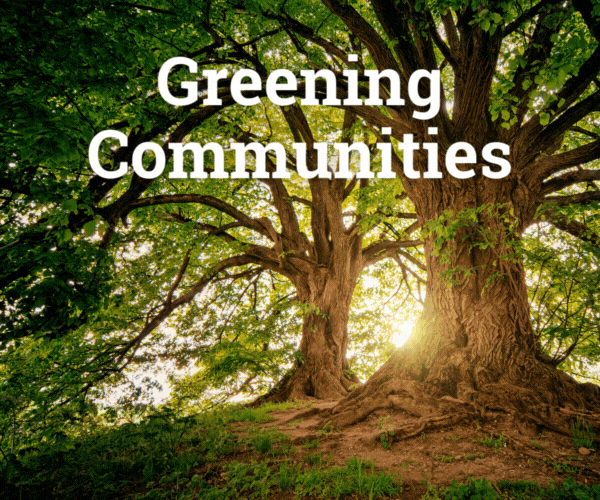SAN FRANCISCO – Within hours of hearing news of the 7.7 magnitude earthquake that struck Myanmar last week, Desmond Tan swung into action. The successful restaurateur and food entrepreneur quickly put together a GoFundMe page for victims of the disaster.
The page surpassed its initial goal in the first 24 hours, despite concerns about whether the money would go toward supporting the country’s military government.
“A lot of people came to us because they did not know how to help,” said Tan, owner of the popular San Francisco eatery, Burma Superstar and Burma Love chain. “A lot of people are also concerned about the money going to the right place.”
The official death toll from Friday’s earthquake now stands at more than 3,000, though that figure is likely to rise over the coming days as rescuers work to recover bodies buried under the rubble.
The epicenter of Friday’s quake was located near Mandalay, a city of some 1.2 million residents in the center of the country.
Images on social media show vast swaths of destruction, with collapsed buildings and historic temples in ruins. With temperatures rising above 100° F a shortage of emergency responders and damaged infrastructure—including bridges linking impacted areas—are complicating rescue efforts.
Myanmar, or Burma as it also known, has been under military rule since 2021, though inter-ethnic conflicts continue to rage across large parts of the country as various groups contend with the ruling junta over control.
Reports over the weekend showed the government had resumed bombing in quake struck regions.
Myanmar was “already at a breaking point” before the quake struck, said Tan, who was born in Yangon and came to San Francisco with his family at 11 years old. He described the impact of the Covid pandemic on a country where the economy is deeply reliant on trade and tourism. “Then came inflation and unemployment. Then came the quake.”
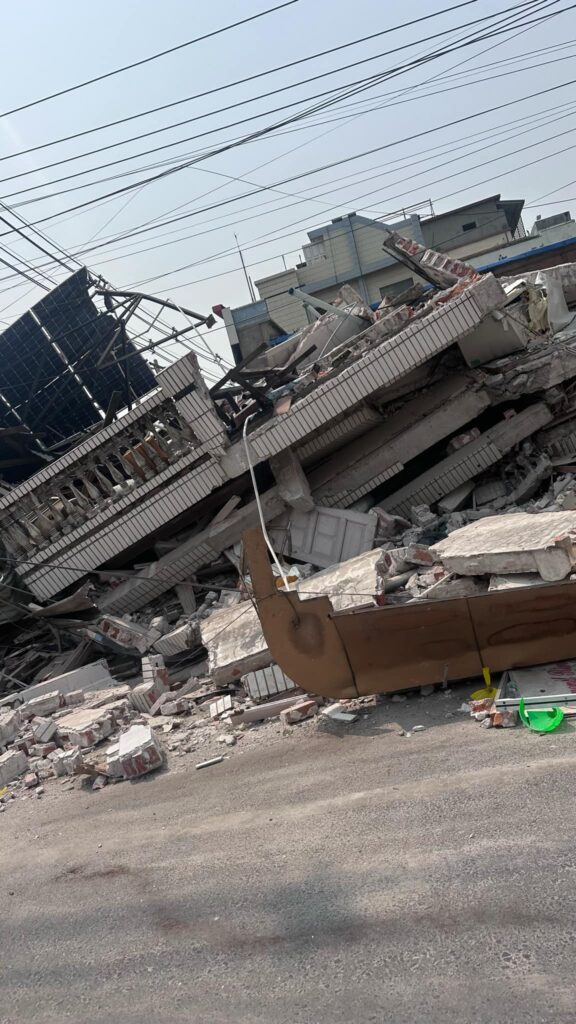
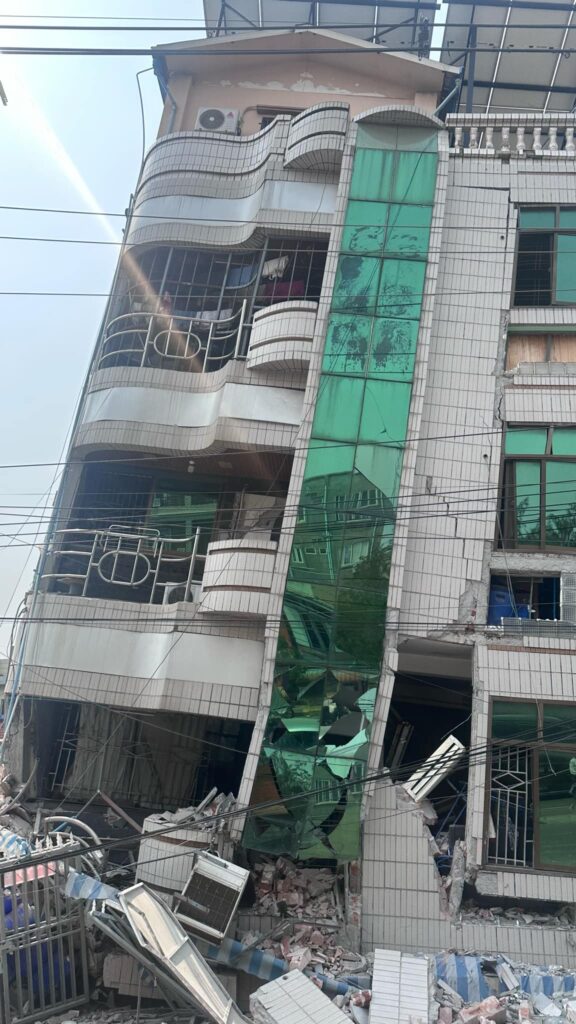
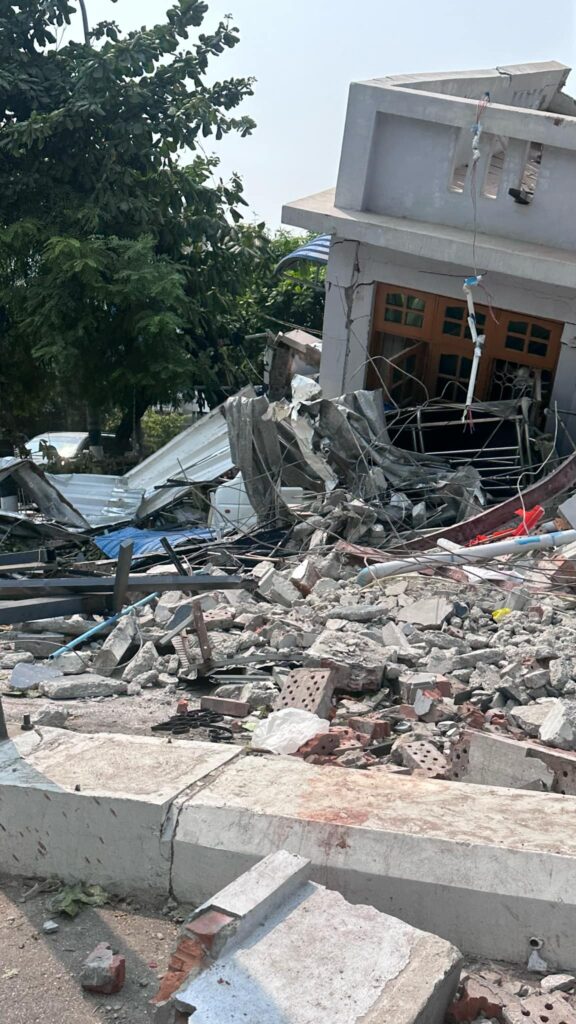
Tan initially set a goal of $25,000, contributing $10,000 from the Burma Love Foundation, the charitable arm of his food business. Within 24 hours the page hit $27,000, with many of the donations coming via small dollar contributors. Tan has since increased the goal to $50,000 and says the funds will be sent to the International Red Cross.
“People know the organization, and so there wouldn’t be any question of credibility,” he explained.
Swe Swe Aye, editor with the Burmese language Myanmar Gazette, said similar aid efforts are underway in Los Angeles, where an expansive network of Burmese culture and community centers have been actively meeting to raise funds.
But, she added, too little attention has been paid to Muslim victims of the quake, which toppled some 70 mosques in Mandalay and nearby Sagaing, with hundreds still remaining trapped beneath the ruins.
When asked, some of the organizations she contacted refused to confirm whether the aid would include Muslim communities, she said.
The quake struck on Friday afternoon, the Muslim day of prayer, and during celebrations marking the end of Ramadan, meaning many families would have been inside local mosques praying.
Since the quake, Aye has been interviewing local families of some of the victims, including one woman whose niece succumbed to head injuries after the mosque she was attending in Sagaing collapsed.
“Most Muslim religious buildings in Burma are very old, 50 to 100 years,” noted Aye. “The government refused permits for renovation despite knowing the area sits on an active fault. This made the buildings more vulnerable,” she said.
Ko Ko Naing is founder and president of the Los Angeles Rohingya Association.
“Muslims have always been ignored,” he said, recalling past disasters, from Cyclone Nargis in 2008 to Covid and now Friday’s earthquake. “I am Rohingya. I know how it feels to be Muslim in Burma.”
The Rohingya are an ethnic Muslim minority who have long been persecuted by successive governments there.
Like Tan, Naing worries about where aid money will end up. “Whenever we try to send aid from overseas, we have to go through the military, which wants to get its share,” he explained. “I am afraid it will be like this again.”
Naing is currently working to find reliable organizations in Myanmar to direct aid, even as he continues with fundraising, including messaging to the more than 5,000 Burmese Muslims in and around Los Angeles. His group is also working with the Shura Council of Southern California to send appeals to the wider SoCal Muslim community.
For Tan, while Friday’s quake puts the country’s divisions in stark relief, it has also helped create a sense of unity and purpose among his staff.
“They’re uniting and getting together so they are in a position to help and rally as a group to do something good,” he said. “From that perspective, I am really happy to see our group is even stronger than before.”
Note: This story has been updated to reflect the growing death toll from Friday’s quake, which now stands at more than 3,000, according to official estimates.



